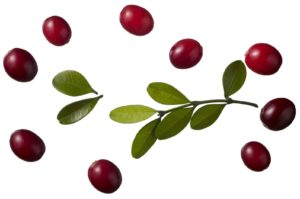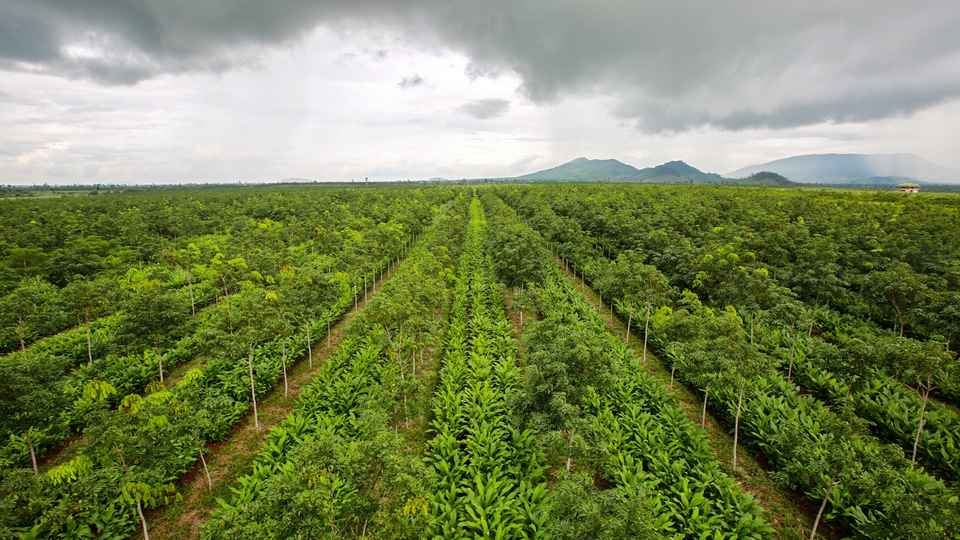
Over the last two decades, researchers have made incredible progress in their ability to characterize the bacterial community in the gut and understand the active role this microbial community plays in metabolism, immune defense and other aspects of health. More recently, they’ve turned their attention to the important link between the microbiome and women’s health.
Emerging research reveals that one genus of bacteria—Lactobacillus—is associated with urogenital health in women. This diversity of Lactobacillus species not only helps maintain microbial balance, but also acts as a protective barrier to maintain health.
Researchers believe one reason these bacteria are so dominant is their ability to produce lactic acid, which helps maintain an acidic environment.
In addition, they believe that dietary habits that encourage lactobacilli to colonize the gut are also likely to have a beneficial effect on urogenital health.
Turns out, certain dietary habits are better than others.
That’s the conclusion of an extensive literature review by researchers at the University of California, San Francisco. By analyzing over 180 studies that detail the effect of dietary interventions on microbial composition, the researchers discovered the types of foods that are more likely to stimulate lactobacilli production in the gut.
Here’s what the they found:
- Plant proteins. While total protein intake is linked to overall diversity in gut bacteria, only plant proteins such as pea and whey proteins are associated with an increased production of lactobacilli. Animal proteins, on the other hand, have no such benefit.
- Unsaturated fats. Only unsaturated fats like olive oil, avocado oil and seed oils are associated with an increased production of lactobacilli in the gut. Diets high in total fat or high in saturated fats have no such benefit. In fact, high-fat diets are associated with a decreased production of lactobacilli.
- Carbohydrates. One digestible carbohydrate in particular—lactose or milk sugar—is associated with an increased production of lactobacilli in the gut. Interestingly, diets rich in non-digestible carbohydrates (fiber, prebiotics and resistant starches) most consistently increase lactic acid bacteria like lactobacilli. Think beans, whole wheat, barley, raw oats, and other unrefined plant foods.

Cranberries are a rich source of polyphenols making them a good choice in a healthful diet. - Polyphenol-rich foods. Fruits, seeds, vegetables, teas, cocoa, wine and other polyphenol-rich foods are linked to increased lactobacilli production in the gut. (Plus, many polyphenols have powerful antioxidant activity.)
- Fermented foods. Cultured milk products, yogurt and other fermented foods that contain lactic acid bacteria increase the abundance of lactobacilli in the gut microbiome.
When you combine all these dietary habits, it’s clear the diet of choice is a plant-based, whole food diet with a variety of colorful vegetables and fruits, healthy fats and fiber.
As many of you know, I’m a big fan of this type of diet because it’s not only good for overall health and wellbeing, it also tastes great and is good for the planet.
Now, we can add one more benefit: women’s health.
The bottom line
Your diet is the most important influence on your ability to maintain a healthy gut microbiome with an abundance of beneficial lactobacilli bacteria. To fill any gaps, you could include a probiotic supplement to your regular supplement routine.
But, don’t forget, lifestyle habits matter too, starting with regular exercise and stress reduction. And, if you smoke, quitting can help. (I described how these habits promote a healthy gut in a previous post.)
Here’s to the benefits of a healthy microbiome, especially for women!
Cheers,




